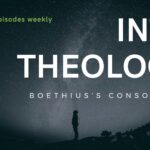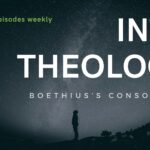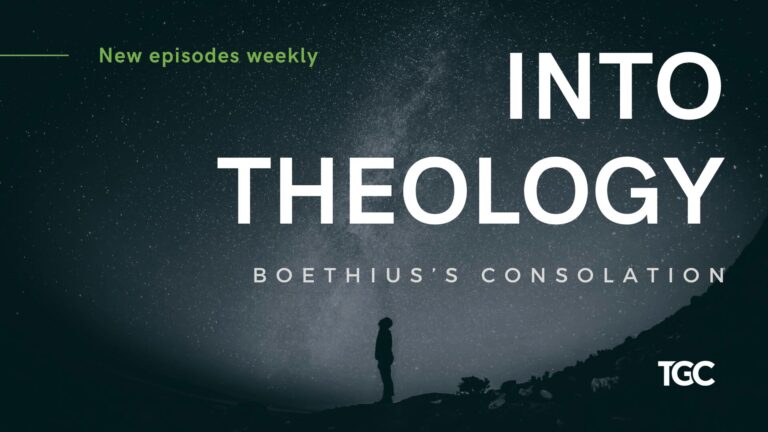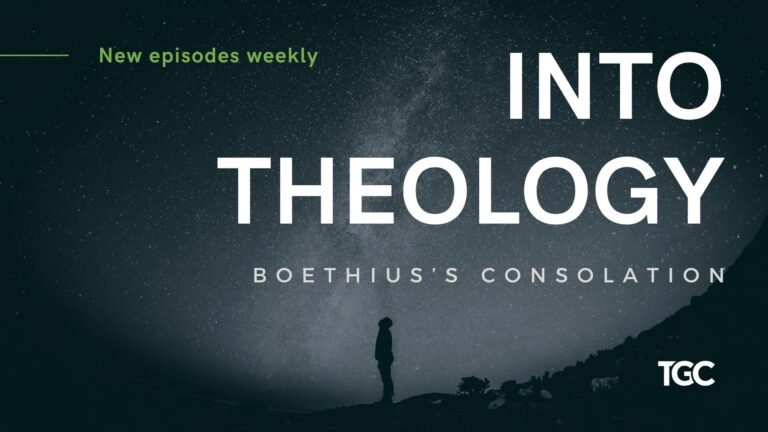We may feel tempted to celebrate a theology of glory. We may at times become confident in our works and expect and demand convenience. We love to show strength. We exert ourselves to attain power. We want what we demand. And we want it now.
We can be tempted to prefer, in the words of Luther, “works to suffering, glory to the cross, strength to weakness.”
But Good Friday closes our mouths and shows us another path.
Theology of the Cross
On Good Friday, Christ died on the cross of shame (Heb 12:2). Peter tells us, “When he was reviled, he did not revile in return; when he suffered, he did not threaten, but continued entrusting himself to him who judges justly” (1 Pet 2:23).
In weakness, the Lord of Glory was crucified (1 Cor 2:8). There, we see God in the face of Christ and in the cry of Christ. Martin Luther argued, “God can be found only in suffering and the cross.” The way of the cross is the way of suffering and weakness.
While speaking of weakness, Paul summarizes Christian (and apostolic) weakness by writing: “For he was crucified in weakness, but lives by the power of God. For we also are weak in him, but in dealing with you we will live with him by the power of God” (2 Cor 13:4). We are weak in him.[1] We remain weak but live by God’s power.
Christian living is cruciform—suffering and patient. We entrust ourselves to God as Jesus did because we live by God’s power.
The Suffering of Christ
The suffering of the Incarnate Son did not see equality to God as a thing he needed to grasp (he is divine). Instead, he emptied himself by the humiliation of the incarnation—he assumed our suffering and our shame. At the cross, the darkness of death and all the signs of God’s anger flashed over him.
Then he died. The Word of God who cannot die assumed humanity in order to die. The Immortal Word clothed himself in the weakness of mortal flesh (Heb 2:10, 14). In weakness, he triumphed. He was made “perfect through suffering” (Heb 2:10).
And in suffering, God showed up. “God,” explains Luther, “can be found only in suffering and the cross.”
Good Friday Closes Our Mouths
Our temptation today is a sort of theology of glory in which we rest in the cross but seek to gain power and privilege. We can rage at suffering, reject inconvenience, and revile when challenged. But as Luther wrote: “He who does not know Christ does not know God hidden in suffering.”
Good Friday closes our mouths, but Easter Sunday opens our hearts.
Here are tempted to follow the pattern of those who “do not know the cross and hate it,” and as a consequence we would, as Luther says, “necessarily love the opposite, namely, wisdom, glory, power, and so on.”
Good Friday closes our mouths, but Easter Sunday opens our hearts.
On Sunday, we see that sowing in weakness on Friday means reaping in power on Sunday (1 Cor 15:43).
Good Friday with Easter Sunday means we see Christ at the cross so that we might live in hope of the resurrection of glory. It means now we live according to the cross so that we might experience our Easter resurrection.
[1] I saw someone highlight this passage and the idea of weakness with reference to Christ. I wish I could remember where! It was insightful. Alas, I am weak!












